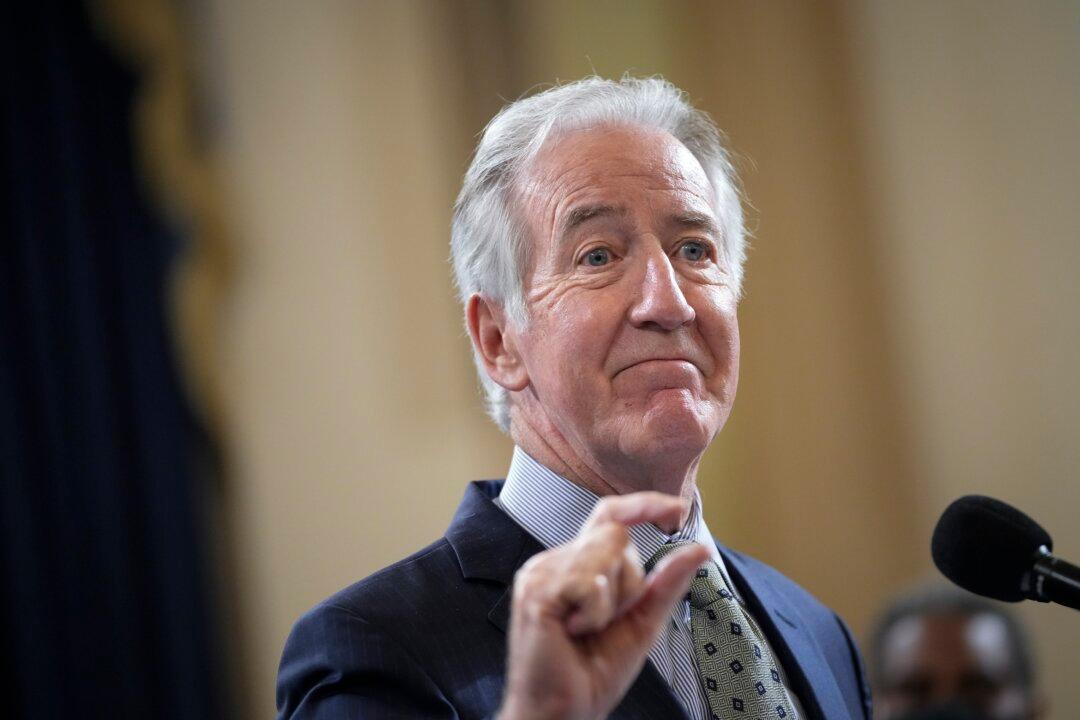House Ways and Means Committee Chair Richard Neal (D-Mass.) told reporters on Aug. 12 as the House considered the $700 billion Inflation Reduction Act that Democrats would be open to further tweaking the tax code after November.
Specifically, Neal said that further tax code changes than those included in the Inflation Reduction Act would target high-income individuals and corporations.





